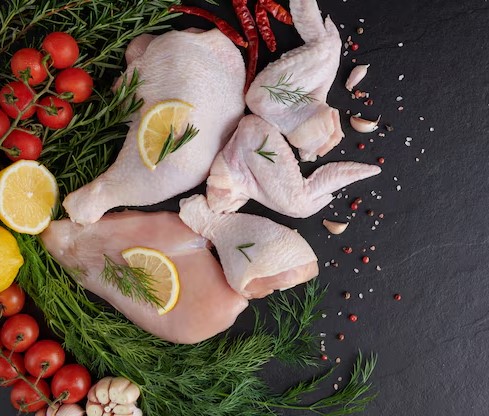The situation of pig farming in China remains difficult and imports will have to be curbed in the coming months

it is worth noting that CHINA continues to play a very important role for the Brazilian pork market, becoming a major EXPORT destination, even despite the decline that has occurred in the last few months. In addition to lower import volumes, China pays less, which is natural given that domestic prices are low.
The Brazilian industry is suffering from declining profitability due to falling prices per ton and the appreciation of the real against the DOLLAR. Given this situation, the live animal business tends to continue to face domestic challenges and prevent prices from rising more sustainably. The first four months should be the most difficult for the Brazilian pig industry in 2024 due to the international situation and the seasonality of domestic pork supplies. The first months of the year are historically the lowest consumption period due to high temperatures and the highest levels of household spending. In any case, even with low prices, it is important for Brazil to export as much as possible, given the high level of domestic supply, otherwise Brazil could again face a serious crisis.
Returning to China, international agencies recently reported, citing the local government , that the country's sow herd stood at 42.1 million in September, above the ideal of 41 million. It was also reported that the government will seek to stabilize land, environmental, financial and other support policies so that production levels find a balance point.
During the year, China purchased frozen pork for government reserves. This measure was welcomed by the market, but so far has had little effect on creating a favorable pricing environment. Pig slaughter in China continues this year, boosting MEAT production amid weak consumption. According to an estimate released by the United States Department of Agriculture (USDA) in October, China's hog slaughter is expected to end at 713.61 million HEAD by 2023, surpassing 2017, a year before African swine fever hit the country. Households are in debt, and no matter how many economic stimulus packages are implemented, the practical effects on the real economy will not be immediate. Last week, new rumors emerged about a crisis in the real estate sector and possible government assistance, causing uncertainty among the local population.
China cuts its base interest rate. As a result, the country became less attractive to foreign capital, which contributed to the devaluation of the yuan. A weaker yuan benefits exports but makes imports more expensive. This benefits the country's balance of trade. High pork supplies and a weak currency forced the Asian country to haggle over prices in the international market, ultimately putting pressure on Brazil's export performance.
The next Lunar New Year , a major Chinese holiday that sees peak pork consumption, will take place in mid-February. Consumption is expected to increase, but not enough to reduce domestic supply and change the price scenario. The lack of profitability among hog farmers could see them speed up live sales in the early months of 2024, so much so that Dalian-listed live hog futures contracts are showing pessimism among agents. The market expects some price reaction from the second half of 2024, with a possible favorable economic environment supporting consumption growth. However, uncertainty in China is expected to remain high throughout much of 2024.
Read together with it:
- Pork prices in December: declines from 4% to 27% in most categoriesThe price of live commercial pigs also fell by 14%. The exception was chops, which actually increased by 14%. Analysts note that the downward price trend began in October and is due to both seasonal fluctuations and a decline in consumer demand. Experts believe that autumn traditionally sees a decline in MEAT consumption, while production peaks, which puts additional pressure on prices .......





























































